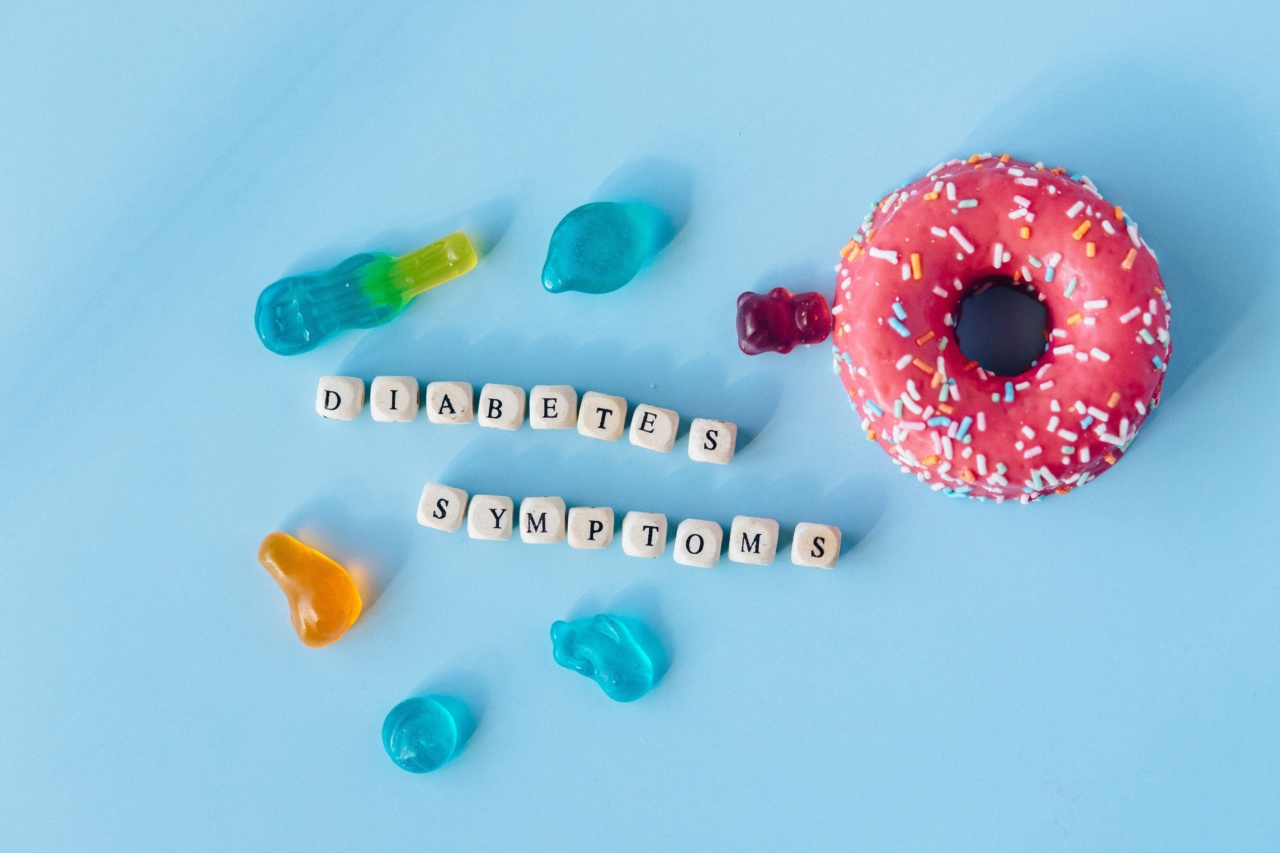Menopause is a natural stage in a woman’s life that marks the end of her reproductive years. However, it is often accompanied by various uncomfortable symptoms such as hot flashes, night sweats, mood swings, and weight gain.
While hormone replacement therapy is an option for managing these symptoms, many women prefer to explore natural remedies, including dietary changes. In this article, we will discuss the foods and portions that can help ease menopause symptoms.
1. Soy Products
Soy products, such as tofu and edamame, contain phytoestrogens called isoflavones. These compounds mimic the effects of estrogen in the body and may help alleviate some menopause symptoms.
Incorporating soy products into your diet can be beneficial, but it is important to consume them in moderation.
2. Fruits and Vegetables
Eating a variety of fruits and vegetables provides essential nutrients and antioxidants, which can help reduce the intensity and frequency of hot flashes and support overall health during menopause.
Aim to include a rainbow of colors on your plate and choose fresh produce over canned or processed options whenever possible.
3. Whole Grains
Whole grains, such as oats, brown rice, and quinoa, are high in fiber and can help regulate blood sugar levels and promote gut health.
They also provide a steady release of energy, which can help combat fatigue and mood swings often experienced during menopause.
4. Healthy Fats
Incorporating healthy fats into your diet, such as avocados, nuts, and olive oil, can help alleviate dry skin, hair, and nails associated with menopause.
Additionally, these fats are essential for hormone production and absorption, making them an important part of a balanced menopause diet.
5. Calcium-Rich Foods
Menopause increases the risk of osteoporosis, a condition characterized by weakened bones. Consuming calcium-rich foods like dairy products, leafy greens, and fortified plant-based milks can help maintain bone health during this stage of life.
6. Vitamin D
Vitamin D is essential for calcium absorption and bone health. Spending time outdoors and getting sunlight exposure can help your body produce vitamin D naturally.
Additionally, foods like fatty fish, fortified dairy products, and egg yolks are good dietary sources of this crucial vitamin.
7. Probiotics
Menopause can sometimes disrupt the balance of bacteria in the gut, leading to digestive issues and a weakened immune system. Incorporating probiotic-rich foods like yogurt and fermented vegetables can support gut health and boost immunity.
8. Portion Control
While the types of foods you eat are important, it is also crucial to pay attention to portion sizes. During menopause, the metabolic rate tends to slow down, making weight management a common concern.
Be mindful of your calorie intake and listen to your body’s hunger and fullness cues.
9. Hydration
Staying hydrated is essential for overall health and can also help alleviate certain menopause symptoms.
Drinking an adequate amount of water throughout the day can help regulate body temperature, reduce hot flashes, and support optimal functioning of bodily systems.
10. Limiting Trigger Foods
Some women find that certain foods can trigger or exacerbate menopause symptoms. These trigger foods can vary from person to person but commonly include caffeine, alcohol, spicy foods, and processed snacks.
Pay attention to how your body reacts to different foods and consider minimizing or avoiding those that worsen your symptoms.






























